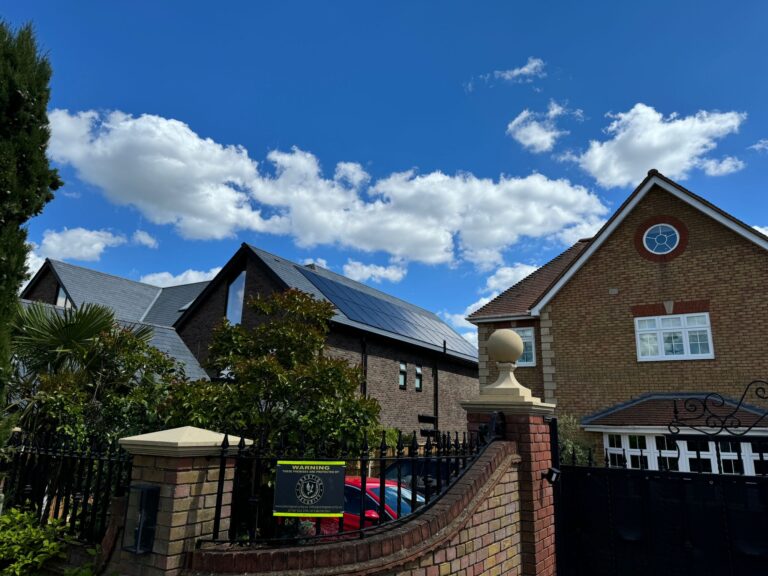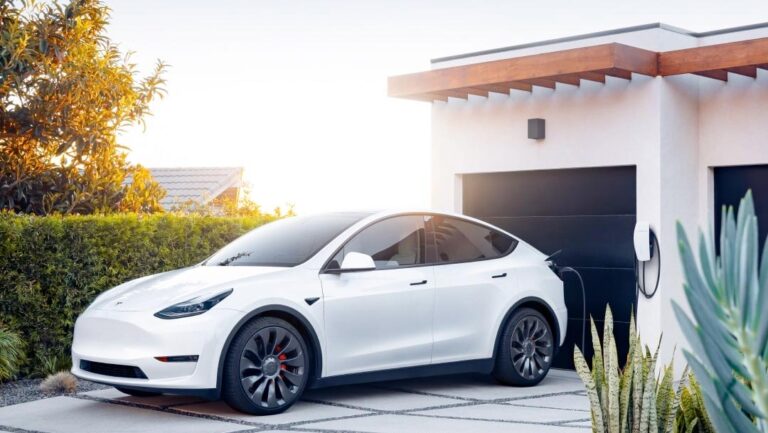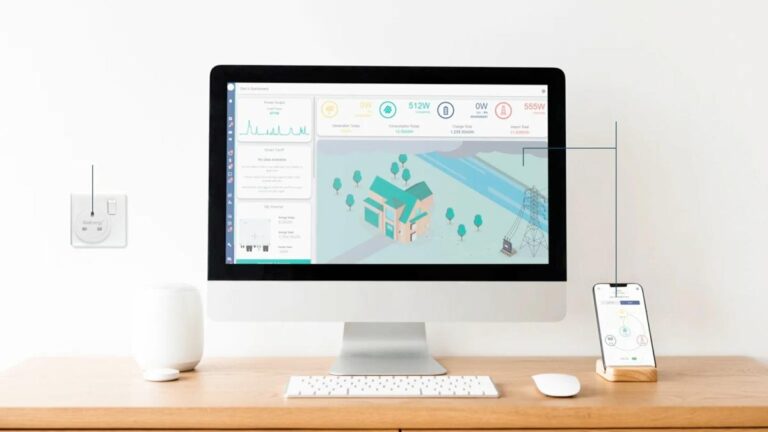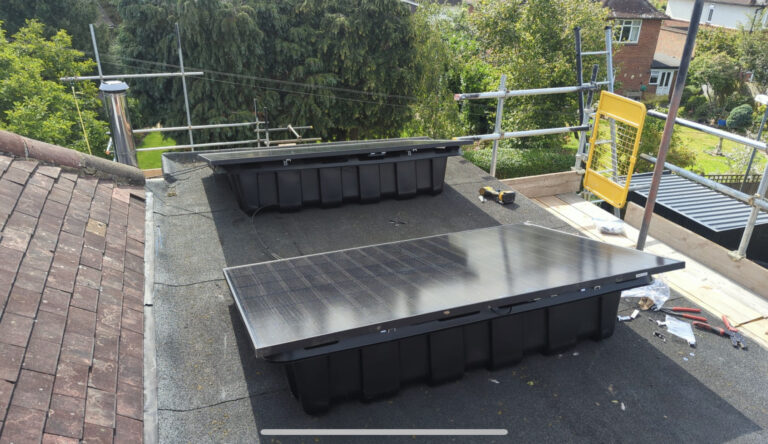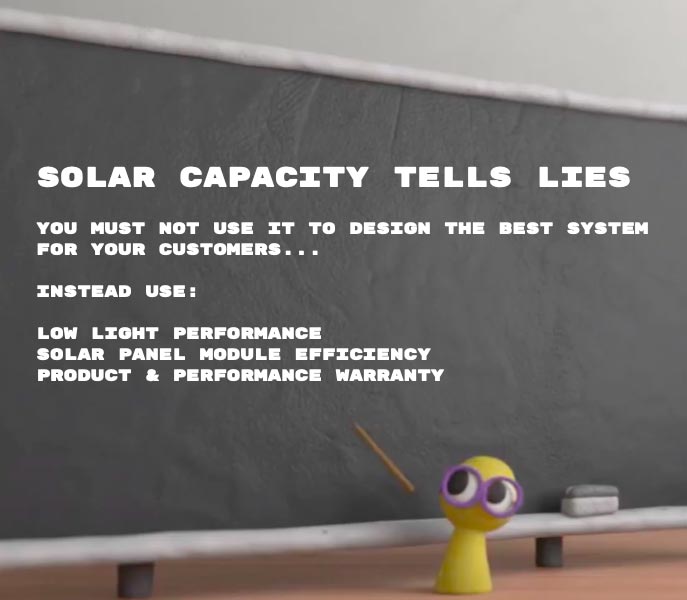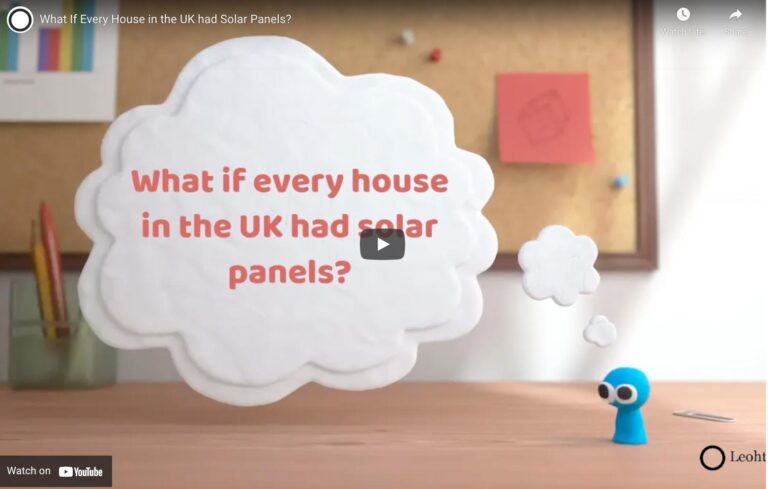How to compare solar panels
We’re all taught to believe that, for the most part, bigger is better – and you’d be forgiven for thinking the same when it comes to solar capacity. A larger capacity should mean more power, more efficiency, better return… right?
Unfortunately, it’s not quite that simple. Not to worry though, we’ve broken down just why that’s the case and what homeowners should really look for when choosing a new solar power system.
So, read on to find out how to decide which solar panel system to choose…
Solar panel capacity isn’t everything
In a perfect world, solar capacity would be a solid indicator of a panel’s performance. However, this perfect world would need to be in ‘standard test conditions’ at all times, as these are the only conditions in which the solar capacity is actually in full effect.
These conditions are 25°C and solar irradiance (power density received from the sun) of 1,000Wh per sq. meter.
Now, depending on where you live, relying on perfect weather conditions is not a consistent way to operate – particularly if you’re in the UK! Whilst you may experience some great results during the summertime, when autumn, winter, and even spring roll around, solar irradiance will be much lower and your system will suffer.
Furthermore, a panel with a larger solar capacity could quite literally just be larger! A bigger solar panel allows more space for cells, meaning it could be chock full of lower quality cells but still on paper have a larger capacity.
Take this as an example; if a small panel had a capacity of 390W and a 20% larger panel had a capacity of 400W, if you scaled the small panel up to be the same size as its counterpart, it would boast a capacity of 468W.
Over the course of 25 years, that’s potentially thousands of pounds worth of electricity being missed.
In a nutshell, follow the old mantra of quality over quantity – bigger isn’t always better!
So, what should I look for when choosing a new solar panel system?
There are three main features to look for, each one providing its own benefits and peace of mind when investing in a new system.
Solar Panel Module Efficiency
First off is the Solar Panel Module Efficiency. This is essentially a rating for the percentage of sunlight your panel is able to convert into usable electricity, which is really what it’s all about.
Having smaller panels is not an issue if the ones you do have are much more efficient and you can fit more of them on your roof.
Low Light Performance
The most important aspect for the UK. As we mentioned earlier on, having a high solar capacity is great if you experience consistently warm temperatures and high levels of solar irradiance on a daily basis, but for most people that is just not attainable.
For year-round performance, choosing a solar panel system with excellent low light performance will allow you to reap the rewards of solar energy on even the most overcast of days.
Many manufacturers do not include low light performance specifications on their product data sheets, so you might have to do some digging to find out the information you need.
Top tip: Q Cells, Perlight & Jinko are very good.
Product & Performance Warranty
Now, this one might sound a bit obvious, but ensuring you purchase from a manufacturer which provides extensive product & performance warranty guarantees your system will stand the test of time.
As time passes and inclement weather takes its toll on your panels, the technical performance of your system can degrade and result in lower efficiency. Not all panels are created equal – look for a 20+ year product warranty and a 25+ year performance warranty guaranteeing generation greater than 82% of year 1 generation. The higher the better.
Having a bulletproof warranty means any drop in your system’s performance can be rectified with maintenance or replacement.
So, that should about cover it! To recap, solar capacity should be near the bottom of the list when comparing solar panel systems, instead focus on efficiency, low light performance, and the product & performance warranty.
With that being said, you’re now ready to make an informed choice about which solar panel system is best for you. Good luck!

